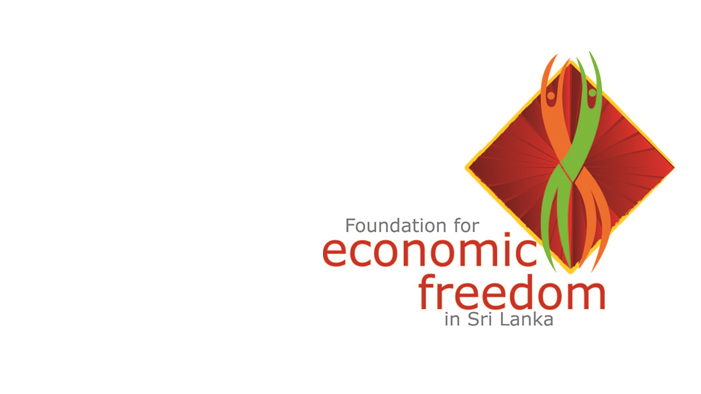January, 30, 2017

Perceived Economic Opportunity PEO: November, 2016
This brief report of the Perceived Economic Opportunity (PEO) presents the analysis of a random survey carried out using a sample of 400 men and women in November 2016 covering all districts in Sri Lanka on their expectations of economic prospects in the ensuing tweleve months.
Status of job prospects or business performance
Analysis of the perceived economic opportunities shows that expectations among the people of better economic prospects in the coming months had slightly increased in the month of November 2016 compared to the previous month.
However, the analysis shows that the expectations are quite volatile changing from month to month instead of being stable.
The analysis for the month of November 2016 depicted an increasing trend of expectations in terms of job prospects or developing the status of their business to 12 percent. However, it decreased earlier to 9 percent in the month of October from 12 percent in the month of September.
Especially the tourism industry had demonstrated a clear progress while lending institutions, like the Asian Development Bank and the International Monetary Fund has given a positive response to Sri Lanka in this period. Accordingly a loan of 162.6 million dollars was approved for Sri Lanka by The International Monetary Fund in the month of November.
The Government of Sri Lanka also shared with the public about the programme of giving the shares of Hambantota Port to China, which will lead to generate a number of jobs in Sri Lanka.
Inflation was steady in the month of November 2016. Expectations of job prospects or developing the status of their business of people were increased to 40 percent in the month of January 2015 soon after the new government assumed office as compared to 15 percent in the month of December 2014.
On the external front, workers remittances showed an increasing trend in the month of November 2016.
Sri Lanka's economic growth in the third quarter 2016 stood at 4.1 percent, Department of Census and Statistics said. The services sector grew 4.7 percent and the industrial sector grew 6.8 percent, but no growth in the agricultural sector.
The Gross Domestic Product or GDP of Sri Lanka grew by 3.9 percent in real terms in the first half of 2016 mainly attributable to 4.9 percent growth in services and 5.2 percent growth in industrial activities.
These reasons are likely to have had an impact on the expectations of job prospects and the business activities of the people in the month of November 2016.
Ability to save
According to the analysis of the situation in the month of November 2016, expectations among the people to save a little more from their personal earnings in the ensuing 12 months showed stability in the month of November compared to the month of October 2016.
Expectations of the ability to save was at a significantly higher level when the current government came into office, but, gradually decreased. (Refer the graph No 02)
Expectation for reduction of Corruption
The higher expectation for the reduction of corruption in the country that many expected at the time the current government came into office has gradually decreased in past months.
This perception took a dramatic fall in October 2016 firm that of the previous month. It is very likely that this decrease is due to the much publicized issue of the probe by the Parliamentary Committee on Public Enterprises, or COPE.
However, it is significant to note that the expectation for reduction of corruption grew again in the month of November 2016. (Refer the graph No 03)
PEO; Perceived Economic Opportunity is developed and surveyed the Foundation for Economic Freedom in Sri Lanka. PepperCube Consultants carries out field research covering the entire country.
The Perceived Economic Opportunity was developed and is measured by the Foundation for Economic Freedom in Sri Lanka (FEF) in partnership with Friedrich Naumann Stiftung Fur Die Freiheit.
Video Story